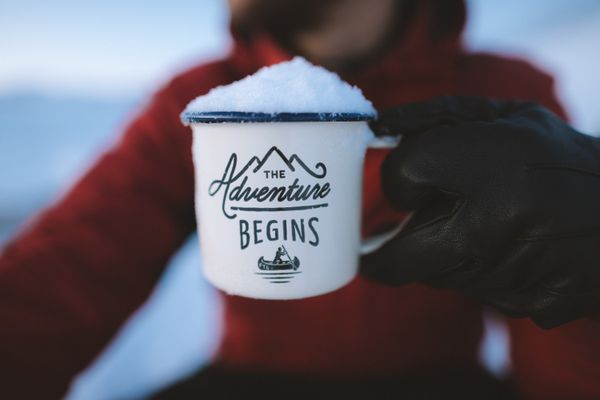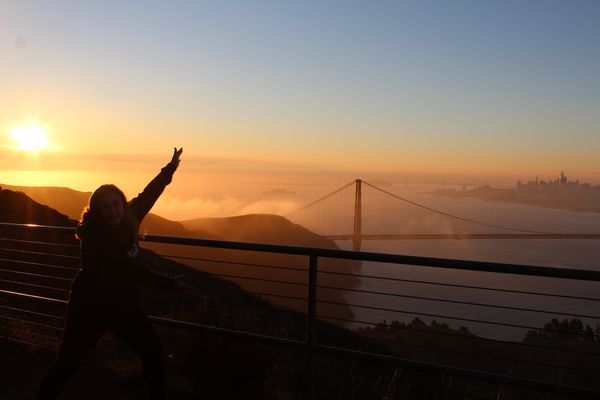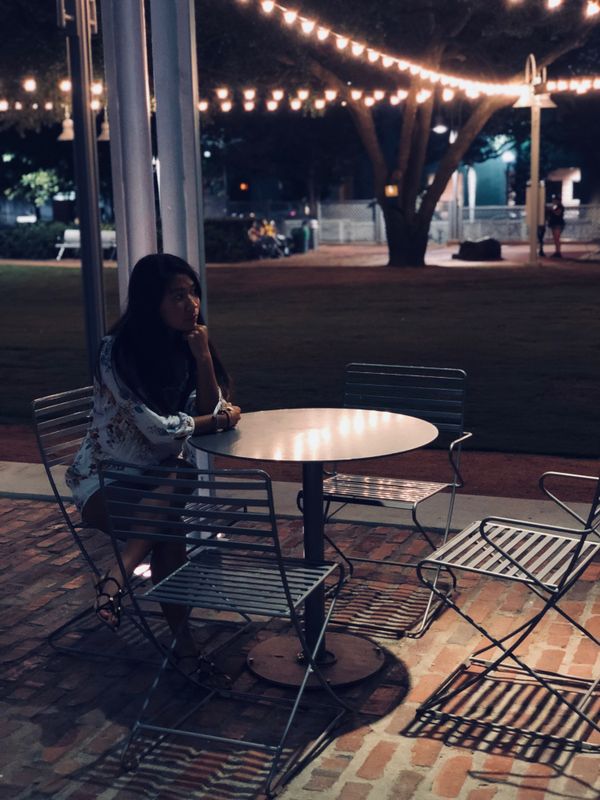On Thursday, I saw news that the Maryland School Superintendent, Dr. Karen B. Salmon, announced a two week school closure for all public school closures in Maryland. As a teacher in Baltimore City, I knew it was the right choice even if it was a difficult choice.
Today, I worry about my students and how their families are holding up in the midst of the coronavirus pandemic. Right now, the solution we're taking towards prevention of the pandemic is social distancing, which is canceling large events of more than 250 people, closing schools, and quarantining individuals or cities with affected individuals.
Unfortunately, social distancing seems to be an option only for the privileged. Without schools, a lot of parents lose access to child care, while still having to go into work. A lot of industries lose their access to sufficient wages with the anxiety and distancing resulting from the pandemic.
For the majority of industries, particularly the service, food, hospitality, and retail, workers do not get paid sick leave, and the majority of companies are not paying their sick workers when they stay home.
Most workers in America cannot afford to stay home when they're sick. It's all too common to still show up to work when you're having a bad cough, sore throat, or fever, because they simply can't support themselves or their families when they're sick. Even now, with the rapidly spreading pandemic going around, I do not expect fast-food restaurants and grocery stores to close down as they're still expected to serve the public. That means that sick workers will still show up to work.
COVID-19 has shown that companies need to rethink their policies and resistance towards sick leave, and permanently give sick leave for all workers.
"Throughout history, outbreaks of infectious diseases have often served as catalysts for overdue changes in the social compact, including the creation of public health authorities and water and sewer systems," wrote the New York Times editorial board.
As consumers, too, shouldn't we also be wary of dining or shopping at restaurants or retail stores without paid sick leave, not only out of moral imperative, but out of the self-interest for our own health? According to the Times editorial board, the C.D.C. has recommended paid leave as a correction to the Norovirus, a cause of food poisoning cases that arises from sick food service workers.
If we really want to take the coronavirus seriously and be aggressive in its prevention, now is the time for Congress to seize the opportunity to pass a federal law demanding paid sick leave. It's not just about stopping the spread of the coronavirus, but about curbing the inequities faced by low-wage workers in the United States, as well as keeping consumers safe from illness themselves.
Social distancing, according to sociologist Eric Klinenberg, actually makes a disaster worse. Social isolation was a leading risk factor in the 1995 Chicago heat wave, because more vulnerable populations in poor, segregated, and abandoned neighborhoods could have been saved with a cold bath or exposure to air-conditioning. The city had plenty of water and air-conditioning, but social distancing and wanting to only take care of your own made 739 people die in one week in July.
Instead of social distancing, Klinenberg urges us to have social solidarity, interdependence between individuals and across groups, which helps us promote public health instead of our own personal health. Social solidarity allows us to stop hoarding medicine or resources, as we have seen viral pictures of shelves completely devoid of toilet paper and hand sanitizer.
But we can have social solidarity while making sure people have low risk of getting sick, and part of that solidarity means providing paid sick leave to all American workers. Those of us who are off work, like myself, and who can work from home are privileged to reduce our risk and prevent the spread of the coronavirus. The truth is that not everyone can take off work or work from home.
As a nation and society, we have an obligation to take care of our most vulnerable. We all know people who are old or fragile that we love and are worried about in this crisis, and yet I can't help but think about the people still at the register at the McDonald's I frequent all-too-often, or people still showing up to work every day at the Walmart I worked in five years ago.
Many people can't afford to call out sick, even now. I have gone to work on multiple occasions this past year while still sick, not wanting to burn up one of my ten sick days for the year in case I had an emergency later in the year. This shows my and my co-workers' mentalities and we do get sick leave.
What about the majority of Americans?
What message is our country telling them without compulsory sick leave, about the possibility of having the safety net ripped under you and your family for calling out while sick?
America needs paid sick leave. Now.



















